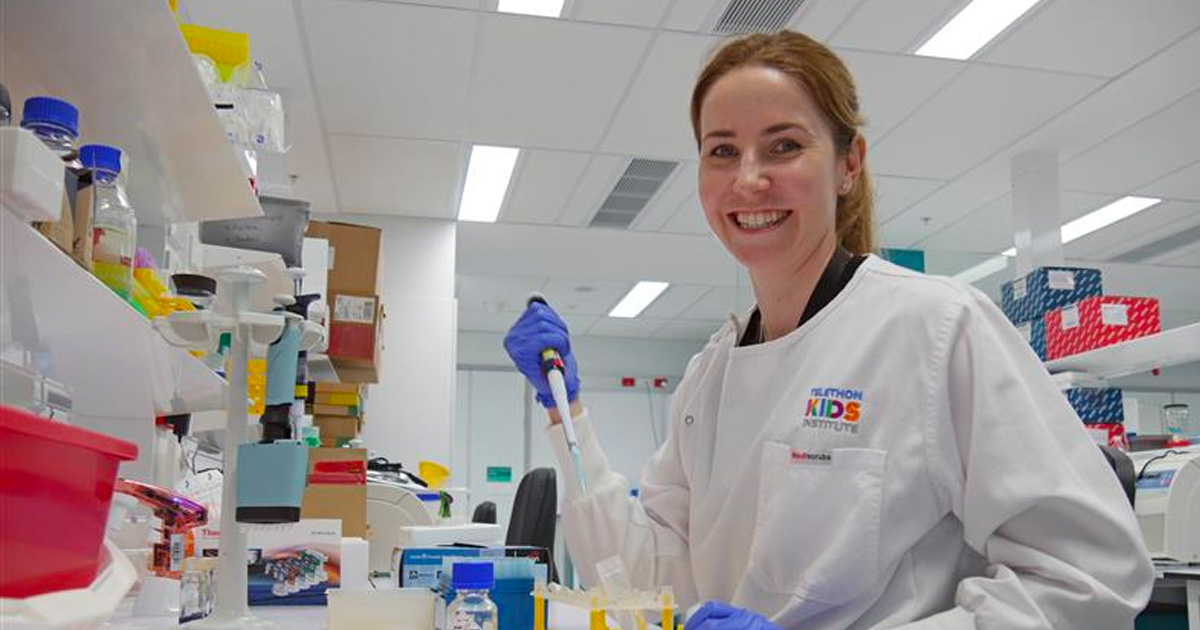Search
Research
Neonatal sepsis: a systematic review of core outcomes from randomised clinical trialsThe lack of a consensus definition of neonatal sepsis and a core outcome set proves a substantial impediment to research that influences policy and practice relevant to key stakeholders, patients and parents.
Research
Personal network inference unveils heterogeneous immune response patterns to viral infection in children with acute wheezingHuman rhinovirus (RV)-induced exacerbations of asthma and wheeze are a major cause of emergency room presentations and hospital admissions among children. Previous studies have shown that immune response patterns during these exacerbations are heterogeneous and are characterized by the presence or absence of robust interferon responses.
Research
Whole-cell pertussis vaccine in early infancy for the prevention of allergy in childrenAtopic diseases are the most common chronic conditions of childhood. The apparent rise in food anaphylaxis in young children over the past three decades is of particular concern, owing to the lack of proven prevention strategies other than the timely introduction of peanut and egg.
Research
Per Os to Protection – Targeting the Oral Route to Enhance Immune-mediated Protection from Disease of the Human NewbornValerie Verhasselt MD, PhD Head, Immunology and Breastfeeding 0402997617 Valerie.verhasselt@thekids.org.au Head, Immunology and Breastfeeding @
Research
Look Who's Talking: Host and Pathogen Drivers of Staphylococcus epidermidis Virulence in Neonatal SepsisPreterm infants are at increased risk for invasive neonatal bacterial infections. S. epidermidis, a ubiquitous skin commensal, is a major cause of late-onset neonatal sepsis, particularly in high-resource settings. The vulnerability of preterm infants to serious bacterial infections is commonly attributed to their distinct and developing immune system.
Research
Azithromycin inhibits mucin secretion, mucous metaplasia, airway inflammation, and airways hyperresponsiveness in mice exposed to house dust mite extractExcessive production, secretion, and retention of abnormal mucus is a pathological feature of many obstructive airways diseases including asthma. Azithromycin is an antibiotic that also possesses immunomodulatory and mucoregulatory activities, which may contribute to the clinical effectiveness of azithromycin in asthma.

News & Events
New funding for innovative multiple sclerosis researchWA researchers hope to gain new insights into the way immune cells in the body trigger attacks of multiple sclerosis (MS), thanks to new funding from MS Australia.

News & Events
Raine Foundation grants support exciting projects in childhood cancer and newborn infectionsTwo The Kids Research Institute Australia researchers have been awarded prestigious grants from the Raine Medical Research Foundation for projects in childhood cancer and newborn infection control.
Research
Invasive fungal disease in children with solid tumors: An Australian multicenter 10-year reviewInvasive fungal disease (IFD) occurs less frequently during treatment for solid compared to hematological malignancies in children, and risk groups are poorly defined. Retrospective national multicenter cohort data (2004-2013) were analyzed to document prevalence, clinical characteristics, and microbiology of IFD.
Research
Impact of Parent-Reported Antibiotic Allergies on Pediatric Antimicrobial Stewardship ProgramsAntimicrobial stewardship (AMS) is crucial for optimizing antimicrobial use and restraining emergence of antimicrobial resistance. The overall increase in reported antibiotic allergies in children can pose a significant barrier to AMS, but its impact on clinical AMS care in children has not been addressed.
